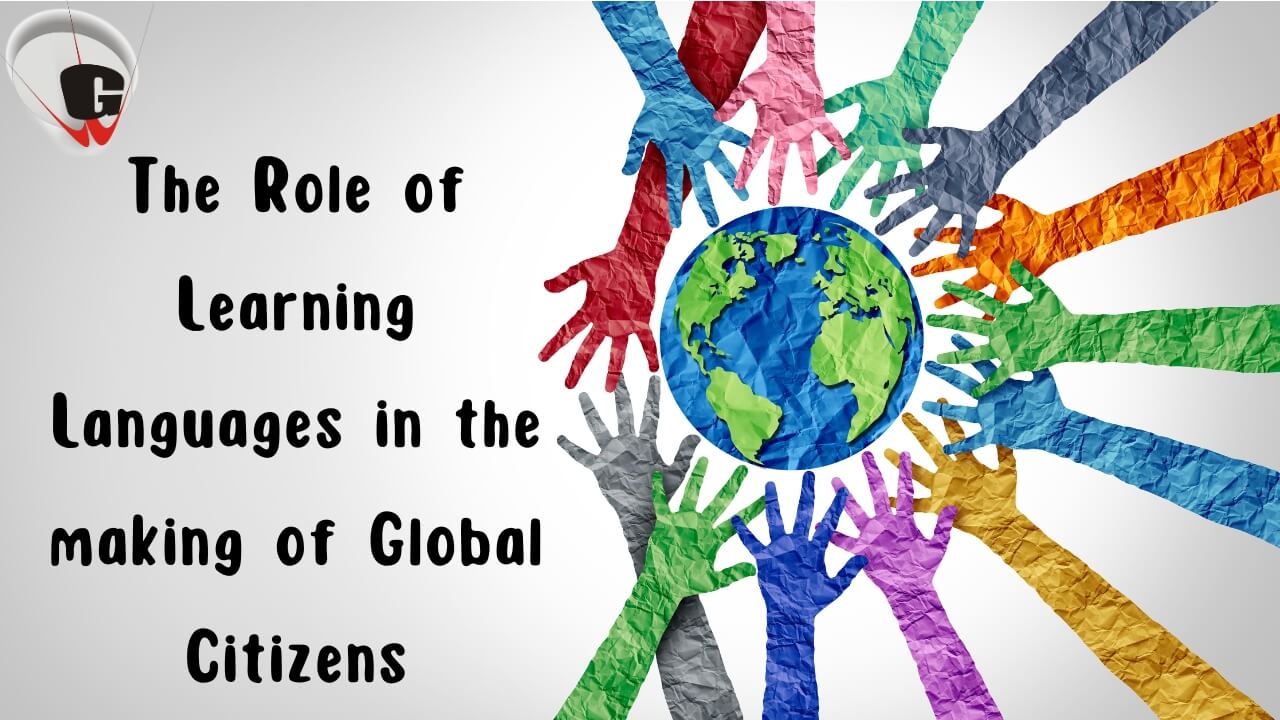Globalization has changed how we live and interact, leading to the rise of global citizenship. This concept goes beyond national borders and involves feeling which is connected to the wider global community. Global citizenship means understanding and respecting different cultures, as well as taking responsibility for solving global problems. International education at Best Boarding Schools in North India with low fees is important in developing global citizens by giving them the necessary knowledge, skills, and experiences.
Global citizenship is the idea of understanding and addressing global issues while valuing cultural diversity. It involves a shared responsibility for the well-being of the planet and seeing the world as interconnected beyond borders including the following more advantages to the people.
1) Exposure to Diverse Cultures
International education promotes global citizenship by exposing students to diverse cultures, fostering cultural openness and appreciation. This encourages embracing human diversity as an asset rather than a difference to be feared.
2) Fostering Empathy and Understanding
Empathy is important for global citizenship. International education at International Boarding Schools in Delhi NCR with low fees helps develop empathy by allowing students to experience different perspectives. This understanding can inspire action for social justice and helping others.
3) Global Perspective through Education
International education provides students with a global perspective, encouraging critical thinking about global issues like climate change and poverty. This broader understanding highlights the interconnectedness of the world and the need for collective efforts to solve these problems.
4) Contrasting Educational Approaches
International education also provides students with the opportunity to experience different educational systems. By comparing teaching methods, curricula, and assessment practices, students can understand the strengths and weaknesses of various approaches. This analysis can lead to the adoption of innovative ideas and best practices from different parts of the world.
5) The Role of Language in Global Citizens
Proficiency in multiple languages helps foster global citizenship by enabling communication with people from diverse linguistic backgrounds. Language skills break down barriers and facilitate collaboration on global issues.
6) Effective Communication Across Borders
International education focuses on developing effective communication skills, which involve linguistic competence and the ability to convey ideas, negotiate, and build relationships with diverse cultures. Effective communication is essential for tackling global challenges by facilitating collaborative problem-solving.
7) Language is the gateway to another culture
Learning a language is the best way to explore and understand a new culture. It allows for a more immersive experience and enables students to appreciate the nuances that can’t be fully captured through translation. Being multilingual gives students the ability to read literature, understand song lyrics, and watch films in their original language, opening up a whole new world of possibilities.
8) Bridge Cultural Gaps
Cultural stereotypes and prejudice often arise from a lack of understanding between people of different cultures. Understanding languages, including slang, can provide valuable insights into the people who speak them. Learning a new language not only increases awareness of cultural differences but also promotes respect for diverse cultures.


